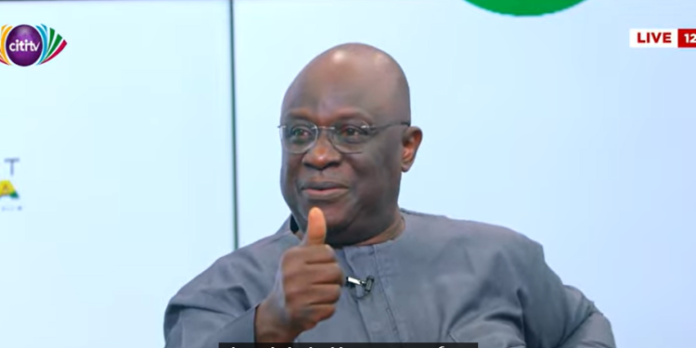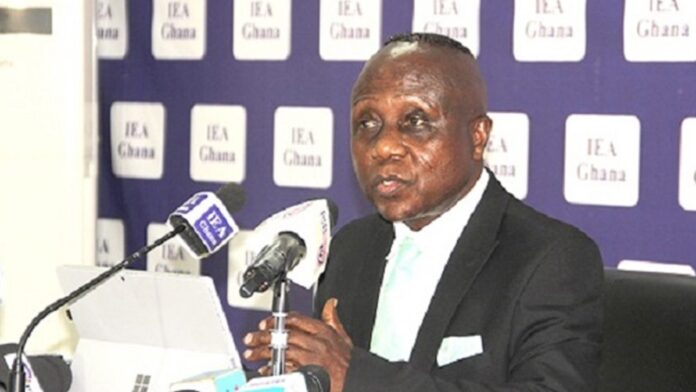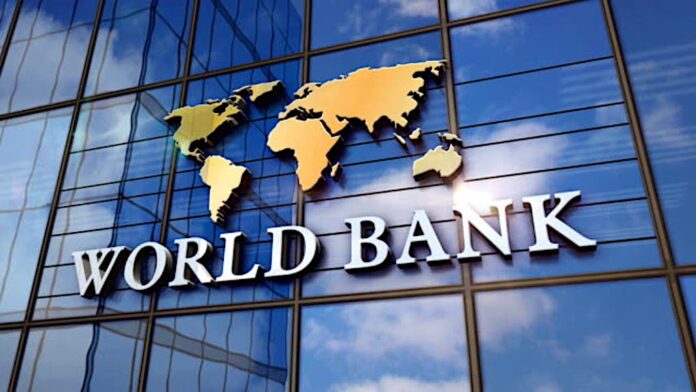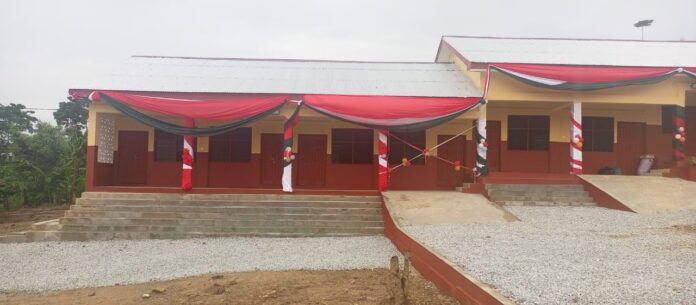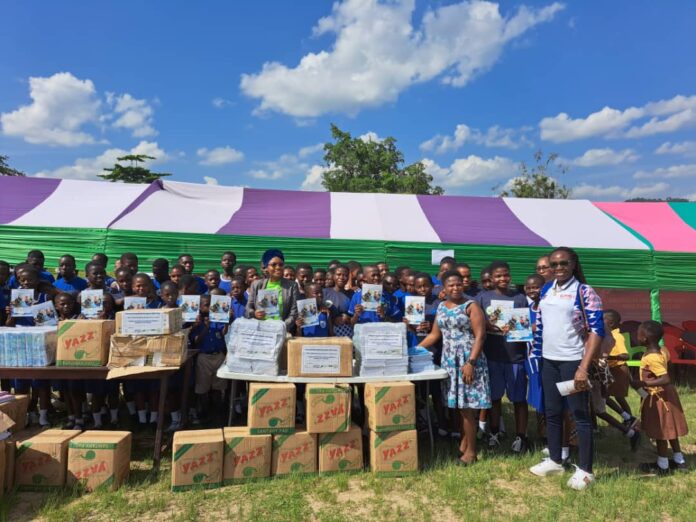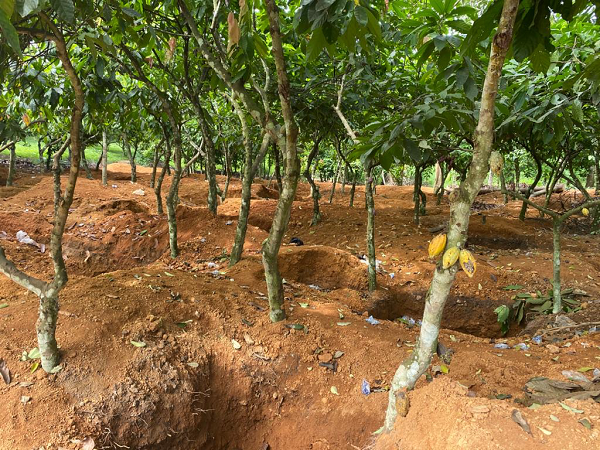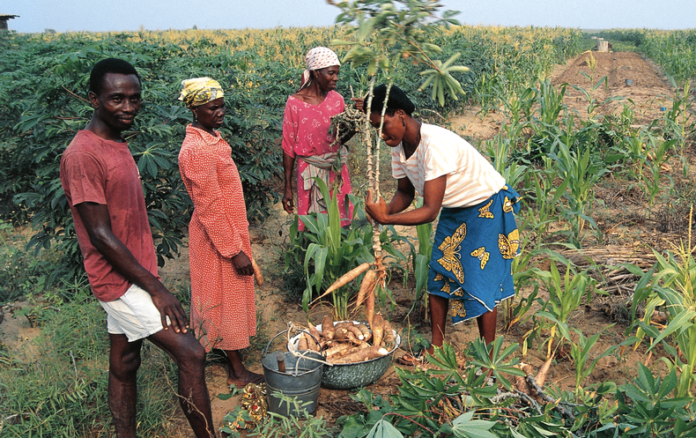Ghana’s agribusiness sector still faces significant challenges, according to Kwesi Korboe, the Chief Executive Officer of GIRSAL.
Contributing to a panel discussion on the Citi Business Festival on Tuesday, June 27, Mr Korboe said while progress has been made, there is still a long way to go to fully unlock the potential of agriculture in the country.
Mr Korboe emphasized that the agriculture sector in Ghana is in need of innovative solutions and increased investment to improve productivity, efficiency, and sustainability.
Access to modern farming techniques, advanced machinery, and quality inputs such as fertilizers and seeds is crucial for the growth of agribusiness in Ghana.
Another major challenge Mr Korboe highlighted is access to land for farming by the private sector. He added that insufficient road networks and limited access to markets make it difficult for people to invest in the agricultural sector.
Furthermore, Mr Korboe added that access to finance remains a significant hurdle for many small-scale farmers and agribusiness entrepreneurs. Limited access to credit, high-interest rates restrict the ability of farmers to invest in their operations, expand their businesses, and adopt modern technologies.
Korboe also highlighted the need for effective policies and supportive government interventions to promote agribusiness development. This includes policies that prioritize agricultural research and development, provide incentives for private-sector investments, and create an enabling environment for innovation and entrepreneurship in the sector.
Despite these challenges, Mr Korboe acknowledged the immense potential of Ghana’s agricultural sector.
The country, he said has favourable climatic conditions, fertile land, and a rich biodiversity that can support diverse agricultural activities. With the right investments, infrastructure development, and policy support, Ghana can harness its agricultural resources to drive economic growth, create employment opportunities, and ensure food security for its population.
Tuesday’s forum was under the theme ‘Understanding and leveraging Agribusiness Value Chain’.

